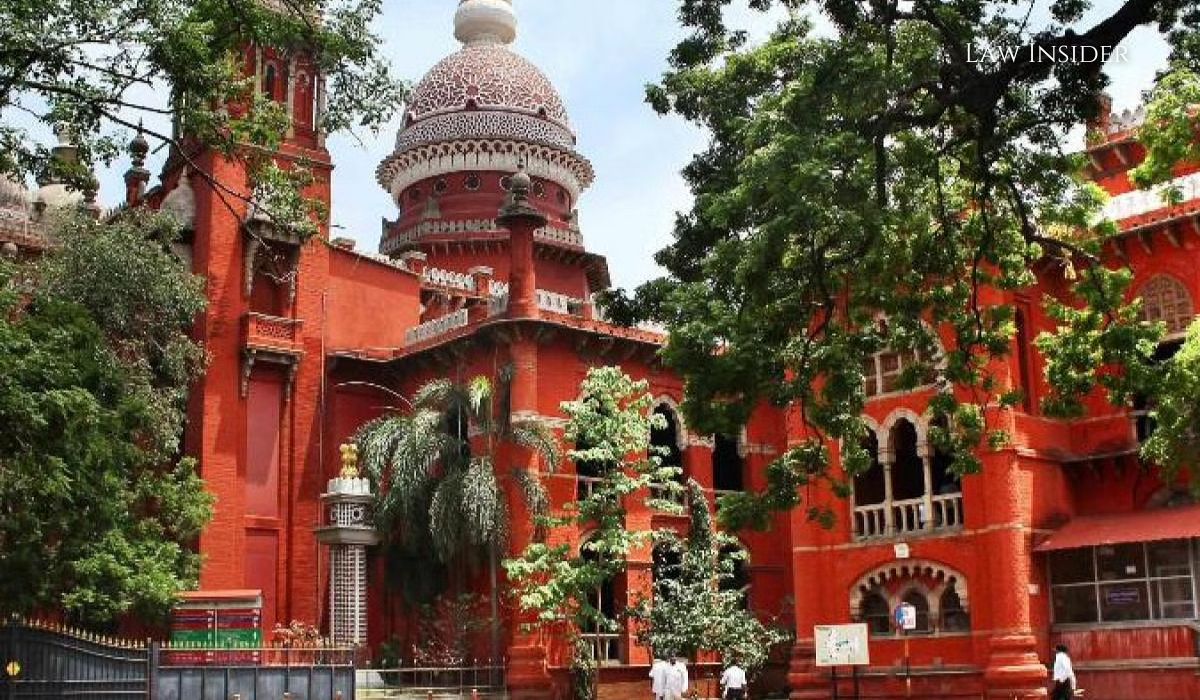LI Network
Published on: 29 September 2023 at 10:38 IST
The Madras High Court has overturned the conviction and sentence passed by a Special Judge under the Prevention of Corruption Act.
The court ruled that the tainted money found in the accused’s table drawer, along with the explanation that the money had been planted there by a prosecution witness while the accused was away, is a plausible explanation.
Justice G. Jayachandran, presiding over a Single Judge Bench, emphasized that the prosecution’s case lacked proof beyond a reasonable doubt, while the accused had substantiated their defense with a preponderance of probability.
The numerous contradictions and lack of corroboration regarding foundational facts raised doubts about the prosecution’s case, leading to the benefit of the doubt being granted to the accused.
The court also noted that documentary evidence indicated that until July 29, 2003, the application from the complainant had never reached the accused’s hands and was with another individual. This raised doubts about the prosecution’s version and cast doubt on the foundation of the case.
In this case, the appellant, who was a Commercial Inspector at the Tamil Nadu Electricity Board, was caught in a trap set by a V&AC Inspector, who provided him with Rs. 1000 as part of a police operation.
As a result, he was prosecuted and found guilty by the Trial Court for demanding and receiving Rs. 1000 as illegal gratification from the police. He was sentenced to one year of imprisonment and fined Rs. 5000 under Section 7 of the Prevention of Corruption Act, as well as two years of imprisonment and a fine of Rs. 10,000 under Section 13(2) read with Section 13(1)(d) of the Prevention of Corruption Act.
After reviewing the submissions, the court concluded that the charge was limited to the incident that occurred on September 4, 2003, at the AE Office in Salem, in which the demand and acceptance of Rs. 1000 as illegal gratification, other than legal remuneration, occurred. The court noted that the modified charge, dated April 18, 2017, included incidents related to the application for temporary connection, meter shifting, and subsequent events.
Although the charge under Section 7 of the Prevention of Corruption Act was not altered, the court found that the substance of the charge had significantly changed due to the trial court’s actions. The court pointed out that the accused had not requested to recall witnesses after the charge was altered, which resulted in apparent prejudice seen in the prosecution exhibits and witnesses.
The court also noted that the complainant had interacted with the AE Office for over a year, and there was no previous complaint of bribery when seeking temporary connection and meter shifting. The first alleged demand was made on July 28, 2003, according to the complaint. However, endorsements on the application indicated that the complainant paid the fees for shifting only on July 28, 2003, and the application remained with the AE until July 29, 2003. This discrepancy cast doubt on the prosecution’s version.
Furthermore, the court explained that cost estimation was subject to the approval of a superior officer and was not determined arbitrarily by the Commercial Inspector but based on department-prescribed cost rates, revised annually. Given the inconsistencies in the prosecution witness’s reasons for the alleged demand for a bribe, the court found that the allegations lacked both corroboration and were contrary to documents, rendering them improbable.
In conclusion, the Madras High Court held that the prosecution’s case lacked proof beyond a reasonable doubt, leading to the benefit of the doubt being granted to the accused.
Case Title: N. Kannan v. State

